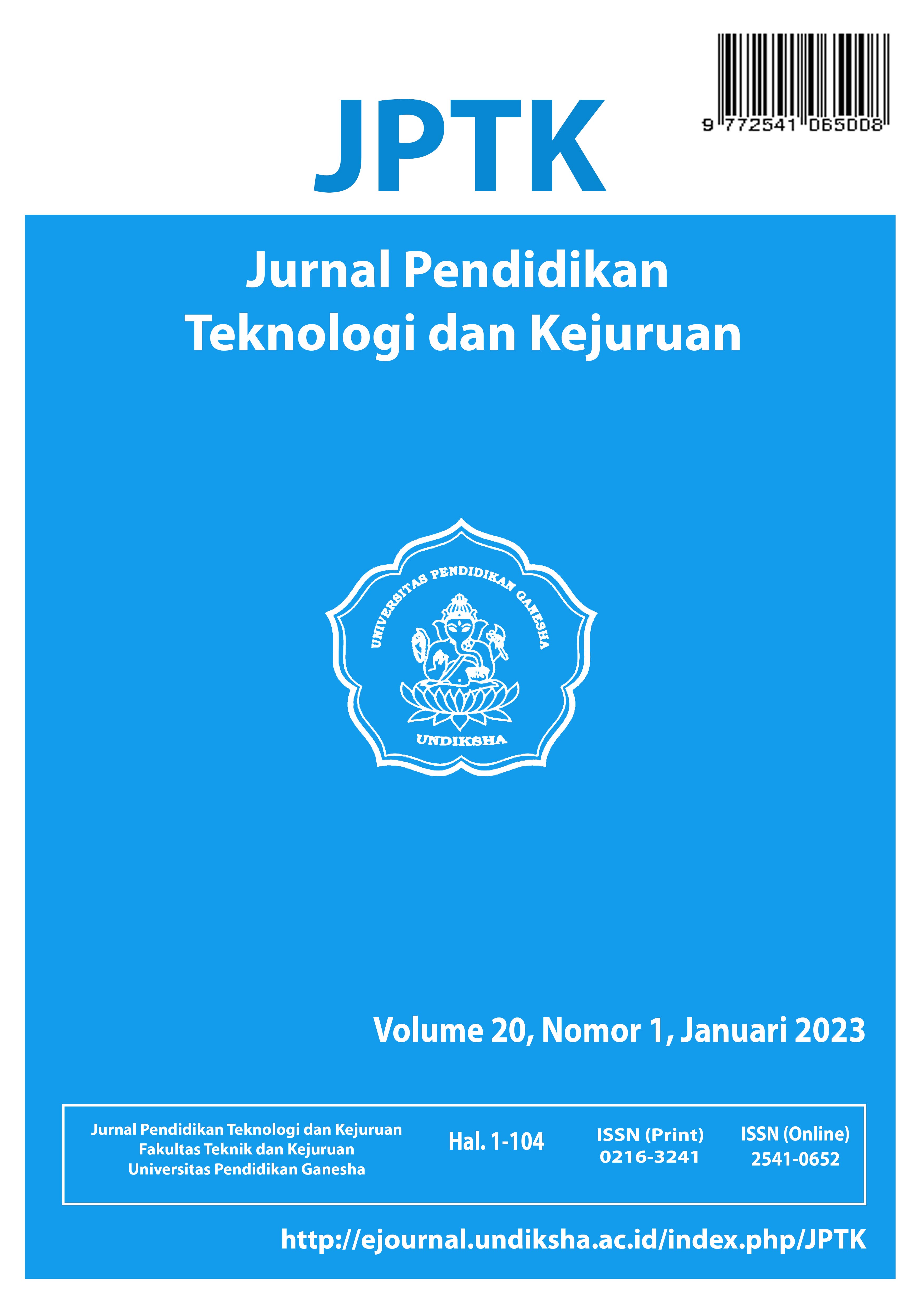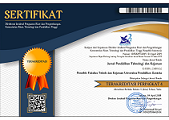DIFFERENTIATED INSTRUCTION IN ONLINE LEARNING: ITS BENEFITS AND CHALLENGES IN EFL CONTEXTS
DOI:
https://doi.org/10.23887/jptkundiksha.v20i1.54512Abstract
As one consequence of the massive ICT development, online learning has played a great role in current educational practices. However, even though the learning process is conducted online, students’ diversity needs to be considered to assist them in unlocking their fullest potential in learning. Differentiated instruction can facilitate students’ diverse cognitive abilities, interests, readiness, and learning profile. This research aimed to elaborate on the benefits and challenges of implementing differentiated instruction in online learning. Through systematic library research, the study revealed that differentiated instruction in online setting is argued to benefit students’ reading, speaking, listening, and writing skills. The challenges identified in the implementation of differentiated instructions in online contexts for EFL students include time constraints, schools and teachers' unreadiness, and a large number of students. This study implies that with the beneficial advantages offered by differentiated learning in online learning, EFL teachers should observe the challenges and prepare necessary steps face the challenges from hindering the benefits of differentiated instructions for the students.
Downloads
Published
Issue
Section
License
Authors who publish with the JPTK agree to the following terms:- Authors retain copyright and grant the journal the right of first publication with the work simultaneously licensed under a Creative Commons Attribution License (CC BY-SA 4.0) that allows others to share the work with an acknowledgment of the work's authorship and initial publication in this journal
- Authors are able to enter into separate, additional contractual arrangements for the non-exclusive distribution of the journal's published version of the work (e.g., post it to an institutional repository or publish it in a book), with an acknowledgment of its initial publication in this journal.
- Authors are permitted and encouraged to post their work online (e.g., in institutional repositories or on their website) prior to and during the submission process, as it can lead to productive exchanges, as well as earlier and greater citation of published work. (See The Effect of Open Access)












